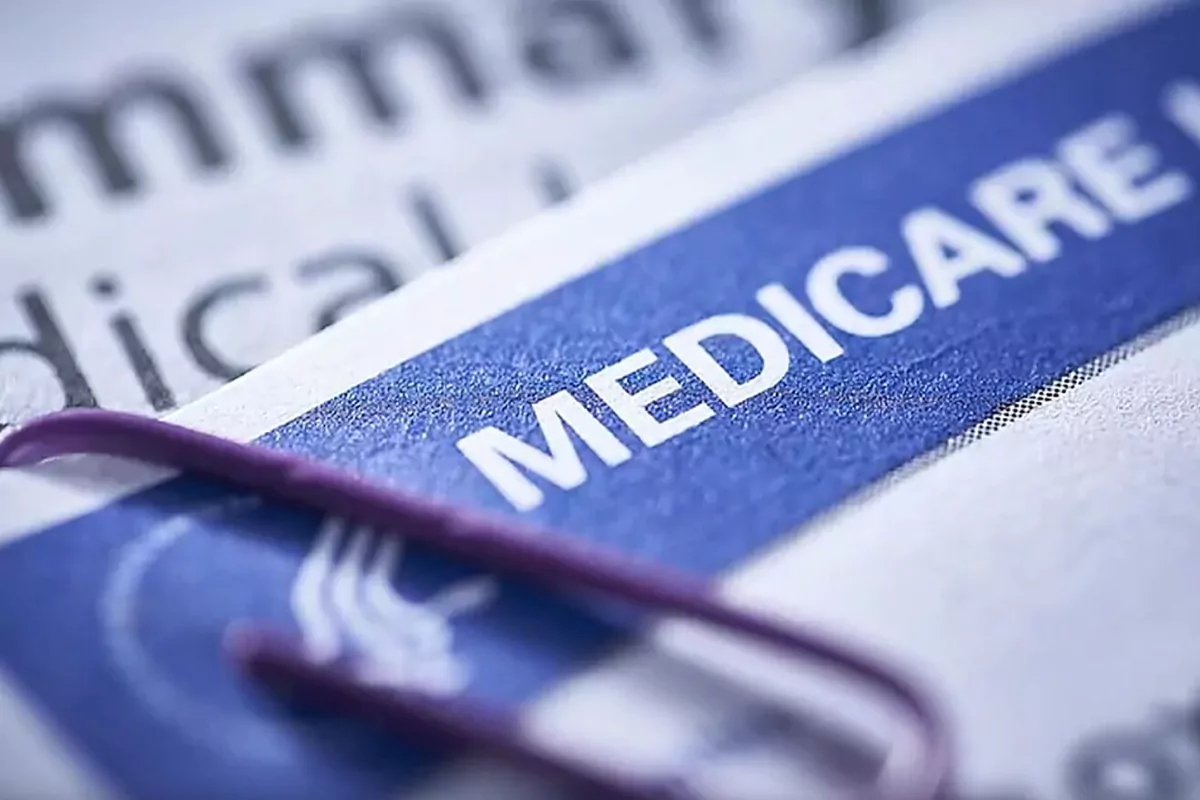

A new budget blueprint passed by the Republican-led House this week has drawn intense scrutiny for paving the way toward massive spending reductions in vital public assistance programs.
Although the document lacks detailed line items, it instructs congressional committees to slash hundreds of billions of dollars-setting off alarm bells for health care and anti-poverty advocates concerned about the future of Medicaid and the Supplemental Nutrition Assistance Program (SNAP).
The budget resolution, passed largely along party lines, gives marching orders to key committees: reduce the federal deficit by more than $1.1 trillion over the next decade.
Specifically, the House Energy and Commerce Committee-which oversees Medicaid and parts of Medicare-has been tasked with identifying $880 billion in savings. Meanwhile, the Agriculture Committee must propose $230 billion in reductions, likely targeting SNAP.
Economic impact looms large for states and communities
Experts warn that while these directives don’t explicitly spell out benefit cuts, the magnitude of the required reductions almost guarantees that essential services will be affected.
A new analysis from the Commonwealth Fund suggests that these rollbacks, if implemented, could eliminate over 1 million jobs by 2026 and result in a $113 billion loss to state economies due to reduced federal support and diminished tax revenues.
As of 2024, roughly 71.8 million Americans are enrolled in Medicaid, nearly 42 million rely on SNAP, and another 67 million benefit from Medicare. With these programs deeply woven into state and local economies, even modest reductions could create outsized impacts in communities, particularly in rural and low-income areas where reliance on federal programs is highest.
The $230 billion directive for the Agriculture Committee would effectively require a 20.6% cut to SNAP over the next decade. According to the Center for American Progress, this would likely translate into reduced monthly benefits or stricter eligibility rules, potentially leaving millions of households without food assistance.
On the health care side, Medicaid and possibly Medicare may be subject to reimbursement changes, restructuring of benefits, or cost-sharing increases. Though Medicare is not directly mentioned in the resolution, analysts caution that the scope of savings demanded by the Energy and Commerce Committee means some Medicare provisions could be swept into the mix.
This news was originally published on this post .







Be the first to leave a comment